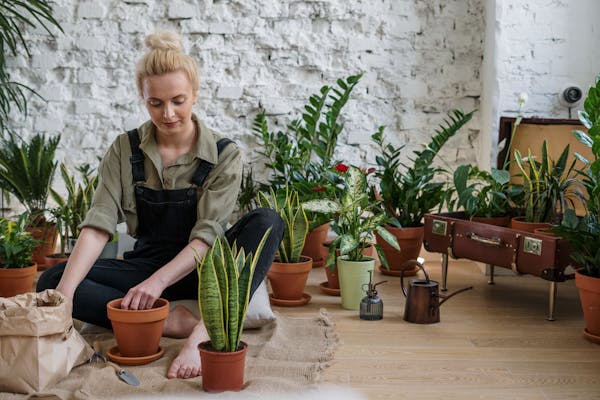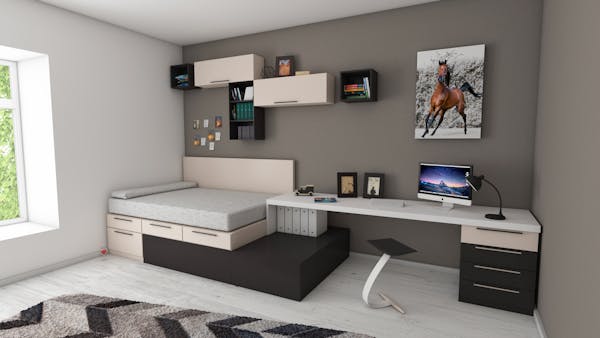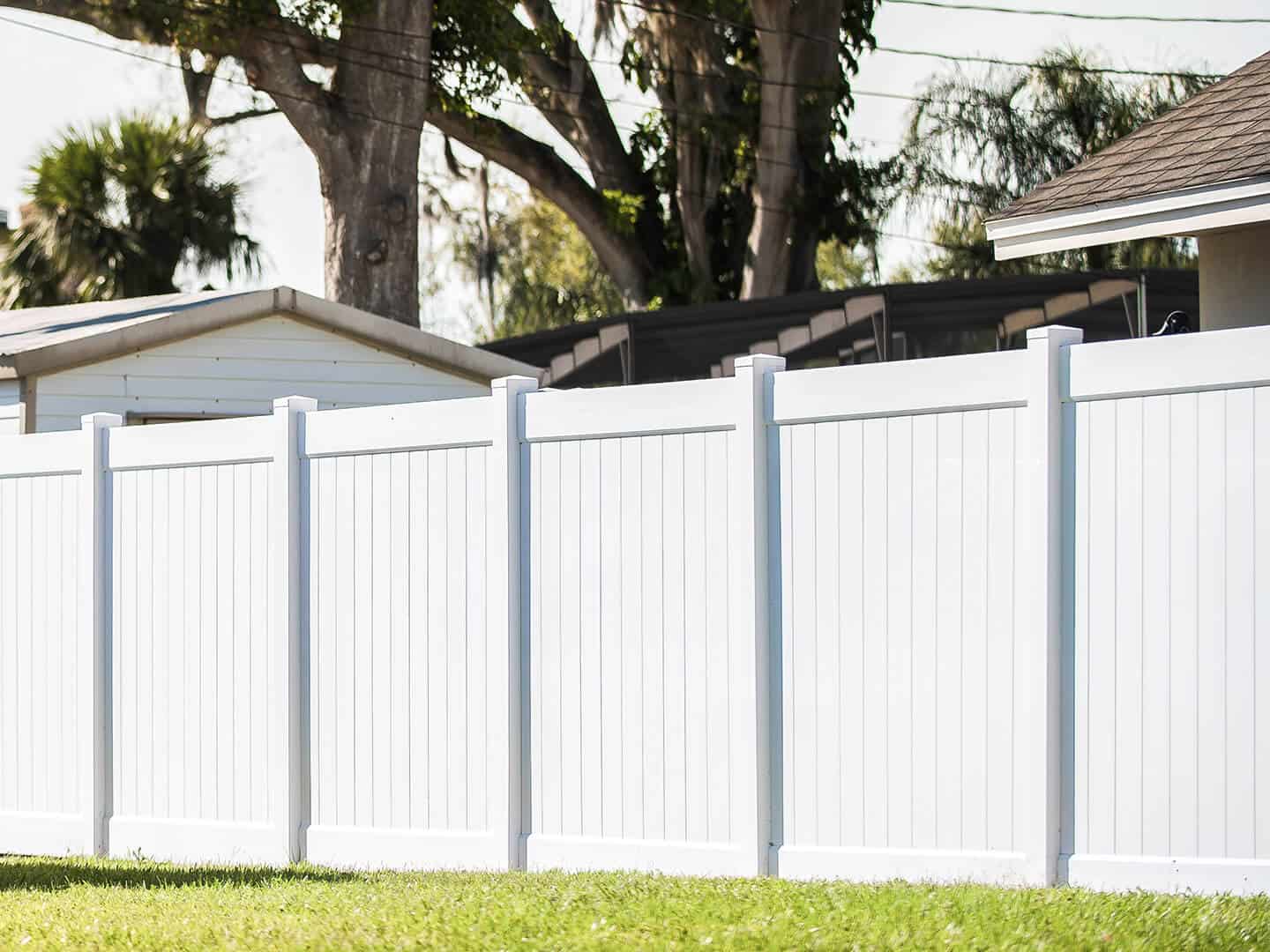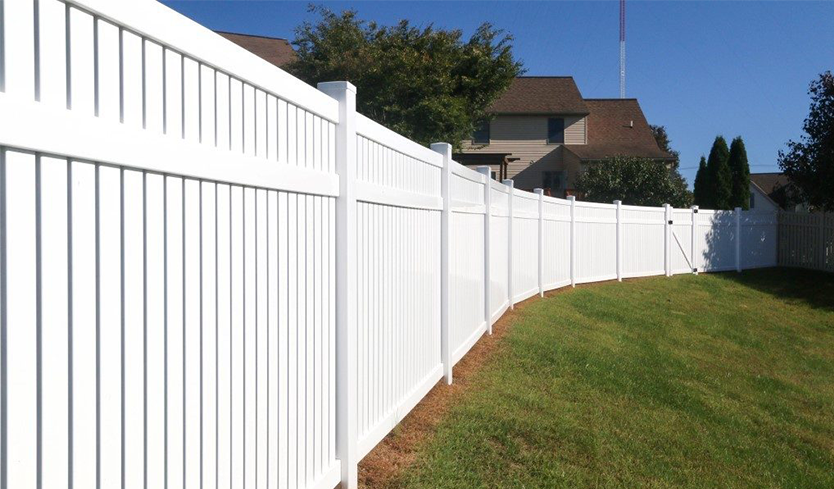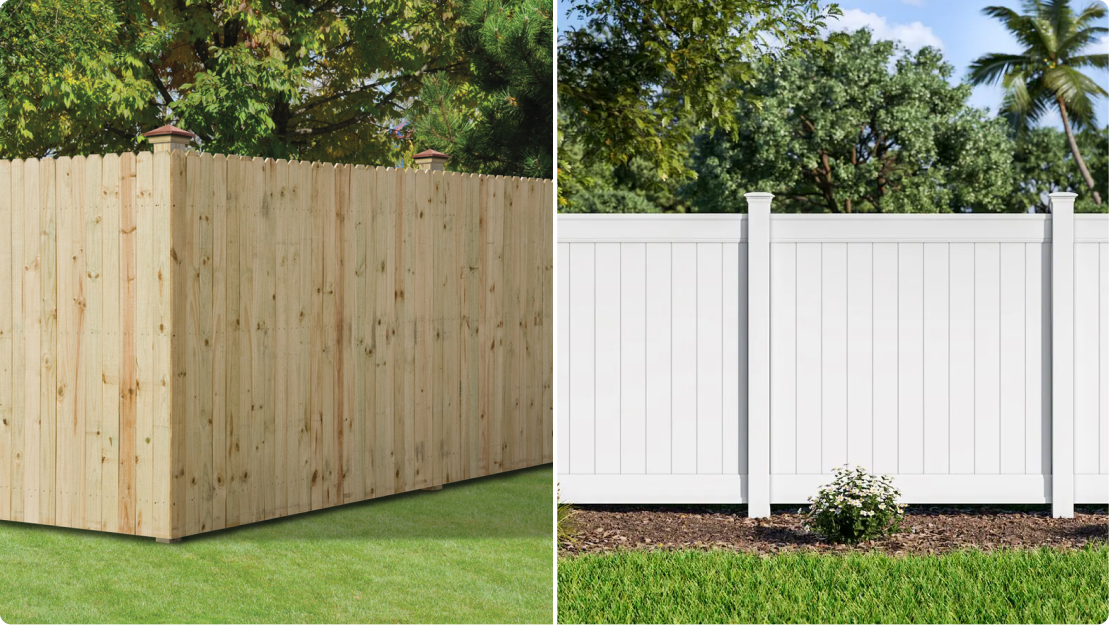Gardening Compost for Kids
One of the greatest wonders of nature is transformation. From the way the dark sky changes to the dawn each morning to the metamorphosis of the caterpillar to a magnificent butterfly or the tiny seed to a mature plant! All around the garden and throughout nature there is transformation happening.
But did you know that much of the rubbish, trash and waste that many people throw away can be transformed into something new and useful as well? Exciting, isn’t it! The process by which nature takes something old and used up and changes it into garden healthy fertilizer is called composting.
What is it?
Composting is the process of taking natural rubbish and solid organic waste and mixing it together, usually in a heap or bin, and allowing it to cure until it breaks down (or decomposes) into a rich and fertile kind of fertilizer!
Why is it helpful?
Composting not only allows us to have wonderful fertilizer for our flowers and gardens that we can make at home, but it also reduces the amount of rubbish that has to be burned or gotten rid of. This is good for everyone because it helps the earth!
What do I need?
First, you must decide if you will compost in a heap or a bin. Heaps work well if you have a lot of space to use. For more confined spaces, try a bin! No matter which method you choose, you will want to remove the grass or weeds in the area so that the bottom of your compost can rest on the bare earth. If using a bin, cut out holes in the bottom. You may also want shelter for your compost to keep excess rain water out, as well as birds or other creatures that may want to dig for food in your compost.
What rubbish do I put in?
Once your compost heap or bin is ready, it is time to begin adding waste and rubbish to it! As a good rule, any solid rubbish that comes from nature, can usually be put into the compost. This includes things like grass clippings, fruit peels, vegetable scraps, egg shells, sawdust, fallen leaves, and even paper.
What cannot go in?
Avoid adding anything liquid or that contains chemicals or pesticides to your compost. Also, do not attempt to compost things that are made of metal, glass, or plastic. Finally, do not put large sticks or wood debris in with your compost, as these types of items take much longer to decompose than you will want.
That’s it! Keep adding to your bin or heap as you have rubbish that can go in it and let nature do the rest. You will know that your compost is ready to use as a fertilizer in your garden when it is crumbly, dark in color, & smells like earth!

